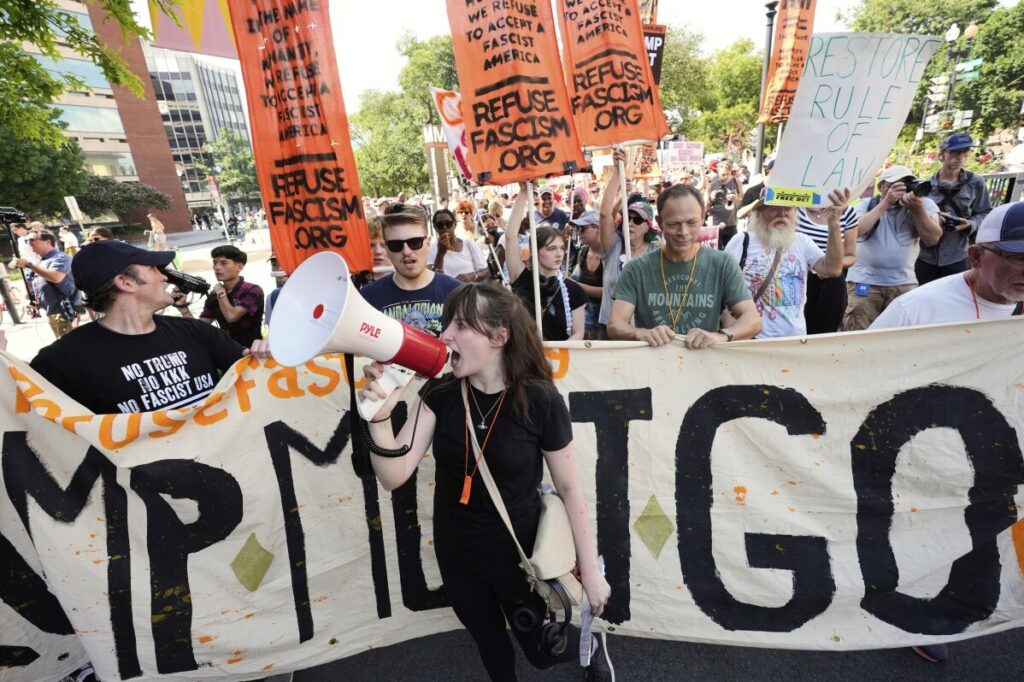The Final Gathering? Unpacking the Quiet End of North America’s Largest Powwow
After more than four decades, Albuquerque’s iconic Gathering of Nations powwow is set to conclude in 2026 — raising questions about cultural preservation and commercialization within Indigenous communities.

For 43 years, the Gathering of Nations powwow in Albuquerque has been a vibrant beacon showcasing Indigenous culture through dance, music, and artistry. This event drew tens of thousands annually, serving as a key moment of cultural pride and community for Native Americans across North America.
Yet organizers recently announced that 2026 will mark its final year—a decision shrouded in silence and uncertainty. Why now, after decades of celebration? The vague statement from Gathering of Nations Ltd. simply says “There comes a time,” offering no clarity on what factors led to this abrupt conclusion.
Is Commercialization Diluting Cultural Heritage?
This closure invites us to scrutinize the delicate balance between honoring tradition and succumbing to commercialization pressures. Over the years, criticisms have surfaced within Indigenous circles accusing the event’s leadership of profiting off sacred culture. Though organizers maintain that proceeds only cover expenses, such disputes reveal deeper tensions about how our nation respects tribal sovereignty and cultural integrity.
The transition of powwows from intimate tribal gatherings into major commercial spectacles risks commodifying traditions that deserve protection rather than profit-driven exploitation. For American families who value freedom and national heritage, this development should spark concern: How can we support authentic cultural preservation when large-scale events become business ventures detached from their roots?
A Nation’s Obligation to Indigenous Sovereignty
The potential redevelopment of New Mexico’s fairgrounds further complicates future possibilities for such cultural assemblies—highlighting how government actions can inadvertently erode tribal traditions by limiting access to venues essential for communal expression.
This situation underscores a broader failure at multiple levels: federal, state, and local governments must prioritize policies that respect tribal sovereignty by safeguarding spaces for Indigenous peoples to freely celebrate their heritage without interference or forced commercialization.
The end of this powwow is not merely about one event closing; it symbolizes ongoing challenges facing Native American communities in preserving their identity within an America increasingly influenced by globalist commercial interests rather than principled respect for national sovereignty.
If America truly champions freedom and common-sense conservatism, it must stand with Native Americans—not just through rhetoric but by ensuring their traditions are protected from exploitation and neglect.
